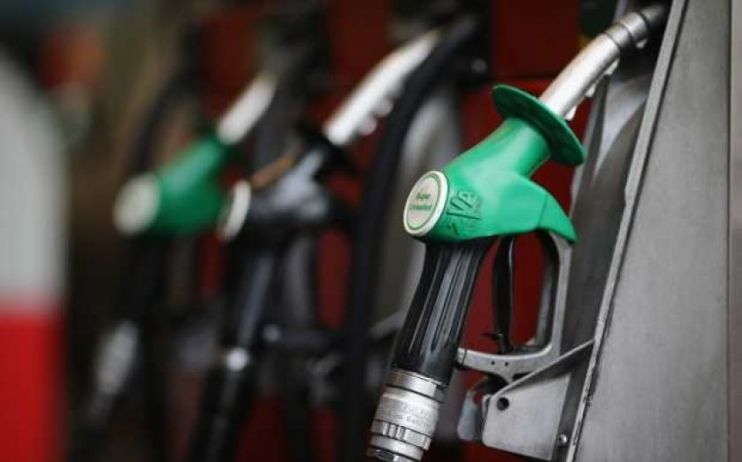Petrol prices hit eight-year high as fuel demand surges

Motorists are feeling the pinch as petrol prices hit their highest levels since 2013 after eight straight months of price rises.
According to the RAC, petrol and diesel prices jumped by 3.4p and 2.7p per litre in July, meaning the former now costs 135.13p per litre.
For diesel, the cost is 137.06p per litre, the highest price since 2014.
The RAC said that the price increases were driven by growing demand for fuel as the economic recovery from the coronavirus pandemic continues apace.
Global oil prices, having plummeted to record lows amid the initial lockdowns of last spring, have pushed continuously higher in the subsequent months.
Last month prices for Brent crude nearly touched $80 for the first time in several years.
RAC fuel spokesman Simon Williams said: “Prices really are only going one way at the moment – and that’s not the way drivers want to see them going.
“With a second summer staycation in full swing, it’s proving to be a particularly costly one for many families who are using their cars to holiday here in the UK.
“Right now it’s hard to see what it will take for prices to start falling again. While we’re not past the pandemic by any means, demand for oil is likely to continue to increase as economic activity picks up again, and this is likely to have the effect of pushing up wholesale fuel prices, costs which retailers are bound to pass on at the pumps.”
The RAC advised that drivers should visit supermarkets in order to find the best deals for fuel.
Alfonso Martinez, managing director of vehicle leasing experts Leaseplan, said that drivers should use the sky high prices as a trigger to consider switching to an electric vehicle (EV) instead.
“EVs present a viable solution to the rising cost of fuel, with the cost to charge a typical mid-size model around 2.27p per mile – which equates to around £9 a month if you were to commute 20 miles a day for work”, he said.
“We’ve now at a point where switching to an EV is both a benefit for the environment and your wallet.”
Boris Johnson has pledged to ban the sales of all new petrol and diesel cars by 2030.